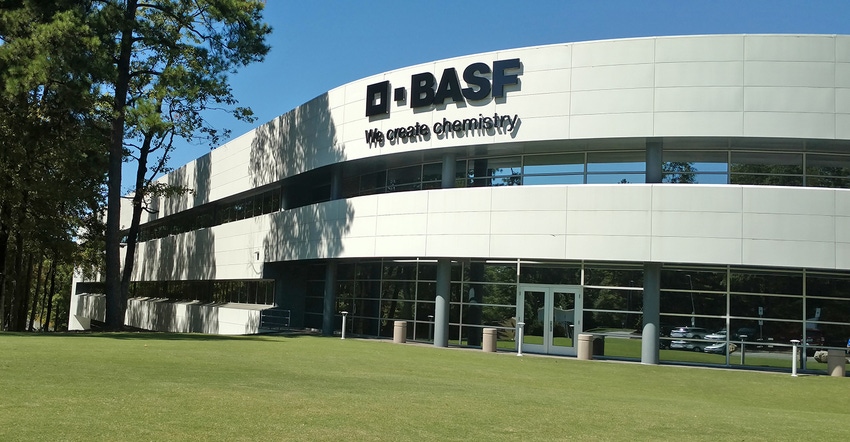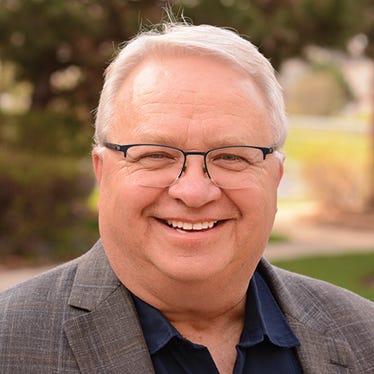
BASF has 39 new seed, crop protection and trait products in the works that it hopes to introduce by 2025 — including hybrid wheat.
An experimental hybrid spring wheat field in Saskatchewan looks as if it will yield 120 bushels per acre this year, according to Rick Turner, BASF senior vice president, Seeds and Traits.
BASF has new soybean and canola products, new active chemical ingredients, and new innovations in a digital farming platform in the pipeline, too.
The news comes about a year after BASF — a global chemical company that makes chemicals used in almost every industry — completed its purchase of some of Bayer’s seed and trait businesses. In an antitrust ruling, a court ordered Bayer to divest itself of some of its seed business if it wanted to buy Monsanto.
As a result, the new BASF ag division is “bigger and bolder,” said Paul Rea, BASF senior vice president, Agricultural Solutions North America. He spoke at a recent global media event hosted by the company.
BASF now has seven ag research and development sites, 11 breeding and research sites, 24 production facilities, and twice as many employees focused on North America agriculture than before the acquisition. BASF expects to invest about 39% of its total research and development budget into ag division, which currently makes up about 18% of the company’s global business.
The upshot has been to give programs such as hybrid wheat “more research horsepower,” Rea said.
Kristjan Hebert, canola grower from Moosomin, Saskatchewan, said he is pleased with how BASF’s acquisition of Bayer seed business worked out. He was a member of a farmer panel at the media event. BASF seems to have successfully combined the best aspects of both companies, Hebert said.
BASF is positioning its ag business to grow by helping farmers be successful, said Saori Dubourg, a member of BASF’s board of executive directors. But BASF will not measure its success in the future just in terms of sales volume and profits, according to Dubourg, who leads BASF’s involvement in a sustainability project.
BASF will factor into its profit and loss calculations how its products improve people’s lives and minimize their impact on the environment. She said she hopes farmers figure out how to measure their success the same way.
It will be the “sweet spot” for businesses in the future, she said.
About the Author(s)
You May Also Like






